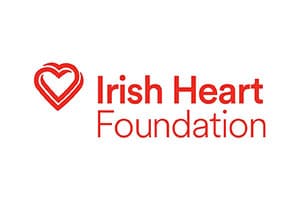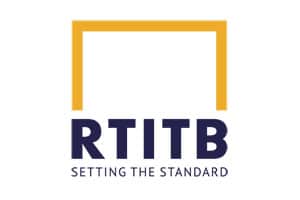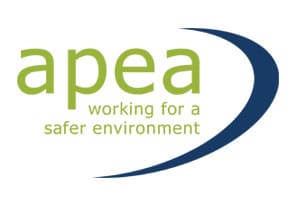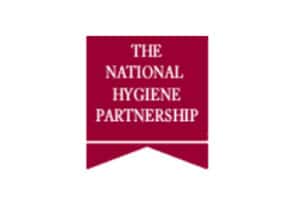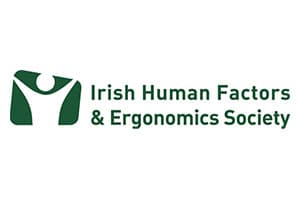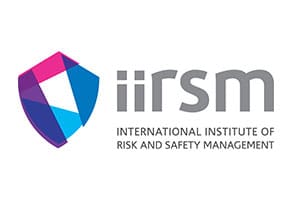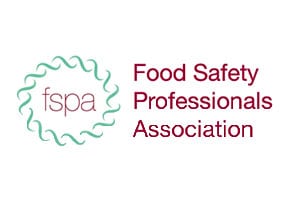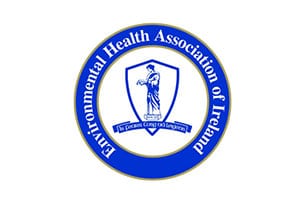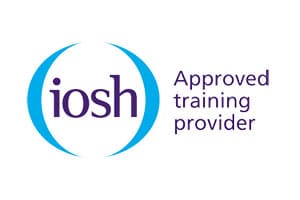Unveiling the Hidden Dangers of E.Coli and Food Poisoning…
From farm to fork, the journey of our food may be longer and more perilous than we realize. Behind the scrumptious meals we enjoy lies a hidden danger: E. coli and food poisoning. In recent years, outbreaks of E. coli have made headlines, causing illness and even death. But what exactly is E. coli, and how does it find its way onto our plates?
Understanding the dangers of E.Coli contamination…
E. coli, short for Escherichia coli, is a type of bacteria commonly found in the intestines of animals and humans. While most strains of E. coli are harmless, certain strains, such as E. coli O157:H7, can cause severe illness. These harmful strains produce toxins that can lead to symptoms ranging from mild gastrointestinal discomfort to life-threatening complications.
E. coli contamination usually occurs due to the ingestion of food or water that has been contaminated with faecal matter containing the bacteria. This can happen during the production, processing, or preparation of food. Understanding the dangers of E. coli contamination is crucial in preventing its transmission and protecting ourselves and our loved ones from food poisoning.
The risks associated with E. coli contamination extend beyond mild illness. In severe cases, it can lead to hemolytic uremic syndrome (HUS), a condition that affects the kidneys and can be fatal, especially among young children and the elderly. Therefore, it is essential to be aware of the potential dangers of E. coli and take necessary precautions to prevent its spread.
Common sources of E.Coli contamination in food…
E. coli can find its way into our food through various sources. One common source is contaminated produce. Fruits and vegetables can become contaminated if they come into contact with animal faeces during cultivation or if contaminated water is used for irrigation. Consuming raw or undercooked produce, such as leafy greens or sprouts, can put us at risk of E. coli infection.
Another source of E. coli contamination is undercooked or raw meats. Ground beef, in particular, can harbour E. coli if not cooked to the appropriate internal temperature. Cross-contamination can also occur if raw meat comes into contact with other food items or surfaces that will be consumed without further cooking.
Additionally, unpasteurized dairy products, such as raw milk and cheese made from raw milk, can contain E. coli. The process of pasteurization, which involves heating the milk or cheese to kill harmful bacteria, is crucial in eliminating E. coli and other pathogens.
To reduce the risk of E. coli contamination in our food, it is essential to handle, cook, and store food properly. Washing fruits and vegetables thoroughly, cooking meats to the appropriate temperature, and avoiding the consumption of raw or undercooked dairy products can significantly minimize the chances of E. coli infection.
Symptoms and complications of E.Coli infection…
E. coli infection can manifest with a range of symptoms, depending on the severity of the infection and the strain of bacteria involved. The most common symptoms include diarrohea, abdominal pain, and vomiting. These symptoms typically appear within a few days of exposure to the bacteria and can last for up to a week.
In some cases, E. coli infection can lead to more severe complications, such as HUS. HUS is characterized by the destruction of red blood cells, low platelet count, and kidney failure. It can result in symptoms like decreased urine output, fatigue, and unexplained bruising or bleeding. HUS requires immediate medical attention and can be life-threatening if not treated promptly.
Certain individuals are at a higher risk of developing severe complications from E. coli infection. These include young children, older adults, and individuals with weakened immune systems. It is crucial to be vigilant and seek medical attention if symptoms of E. coli infection persist or worsen.
Preventing E.Coli and food poisoning at home…
Preventing E. coli and food poisoning starts in our own kitchens. By following proper food safety practices, we can significantly reduce the risk of contamination and subsequent infection. Here are some essential steps to take at home:
1. Hand hygiene: Wash hands thoroughly with soap and water before and after handling food, especially raw meats. This simple practice can help prevent the spread of harmful bacteria.
2. Separate raw and cooked foods: Use separate cutting boards, utensils, and plates for raw and cooked foods to avoid cross-contamination. Raw meats should be stored separately from other food items to prevent the spread of bacteria.
3. Cook food to the appropriate temperature: Use a food thermometer to ensure that meats, poultry, and seafood are cooked to the recommended internal temperature. This kills harmful bacteria, including E. coli.
4. Proper storage: Refrigerate perishable foods promptly and at the correct temperature. Bacteria can multiply rapidly at temperatures between 40°F and 140°F, so it is important to keep food refrigerated to prevent their growth.
5. Thoroughly wash produce: Rinse fruits and vegetables under running water, even if you plan to peel or cook them. This helps remove any bacteria that may be present on the surface.
By incorporating these practices into our daily routines, we can minimize the risk of E. coli contamination and protect ourselves and our families from food poisoning.
Safety measures to prevent E.Coli contamination in restaurants and food establishments…
While we can control food safety practices in our homes, restaurants and food establishments play a crucial role in preventing E. coli contamination as well. By implementing strict safety measures, they can help ensure that the food they serve is safe for consumption. Here are some key safety measures that restaurants and food establishments should follow:
1. Employee hygiene: Proper handwashing should be enforced for all employees, especially those involved in food preparation. Regular training on food safety practices should be provided to ensure that employees are aware of the risks and preventive measures.
2. Safe food handling: Employees should be trained on proper food handling techniques, including the prevention of cross-contamination. This includes using separate cutting boards and utensils for raw and cooked foods, as well as storing food at appropriate temperatures.
3. Regular equipment cleaning: All food preparation surfaces and equipment should be regularly cleaned and sanitized to prevent the build up of bacteria.
4. Proper sourcing and inspection: Restaurants should source their ingredients from reputable suppliers and conduct regular inspections to ensure the quality and safety of the food they serve.
5. Compliance with regulations: Restaurants and food establishments should comply with government regulations and guidelines regarding food safety. This includes maintaining proper documentation, implementing HACCP (Hazard Analysis and Critical Control Points) plans, and undergoing regular inspections.
By adhering to these safety measures, restaurants and food establishments can minimize the risk of E. coli contamination and provide a safe dining experience for their customers.
How to respond to a suspected case of E.Coli infection…
If you suspect that you or someone you know has been infected with E. coli, it is essential to take prompt action to minimize the risk of complications and prevent the spread of the bacteria. Here are the steps to follow:
1. Seek medical attention: Contact a healthcare professional if you experience symptoms such as severe or bloody diarrhoea, abdominal pain, or persistent vomiting. They can provide a proper diagnosis and recommend appropriate treatment.
2. Stay hydrated: Drink plenty of fluids to prevent dehydration, especially if you are experiencing diarrhoea or vomiting. Oral rehydration solutions can help replenish electrolytes lost during illness.
3. Avoid spreading the infection: Practice good hygiene by washing your hands thoroughly and frequently, especially after using the bathroom and before handling food. This helps prevent the spread of E. coli to others.
4. Notify relevant authorities (FSAI) : If you suspect that your illness is linked to a particular food or establishment, report it to your local health department. This information can help identify potential outbreaks and prevent further infections.
5. Cooperate with investigations: If contacted by health authorities investigating an outbreak, provide any requested information truthfully and promptly. This helps facilitate the identification of the source of contamination and prevent additional cases.
By taking these steps, you can help protect yourself and others from further infection and contribute to the prevention of E. coli outbreaks.
Taking proactive steps to protect against E.Coli and food poisoning…
Unveiling the hidden dangers of E. coli and food poisoning is crucial in safeguarding our health and well-being. By understanding the sources of E. coli contamination, the symptoms it can cause, and the preventive measures we can take, we can minimize the risk of infection and keep ourselves and our loved ones safe.
From our homes to restaurants and food establishments, everyone has a role to play in preventing E. coli outbreaks. By practicing proper food safety, adhering to regulations, and responding promptly to suspected cases of infection, we can collectively reduce the incidence of E. coli and ensure that our plates are not only delicious but also safe for consumption.
Join us in raising awareness about the hidden dangers of E. coli and food poisoning. Together, we can make informed choices, protect our health, and enjoy the pleasures of food without the fear of contamination.
